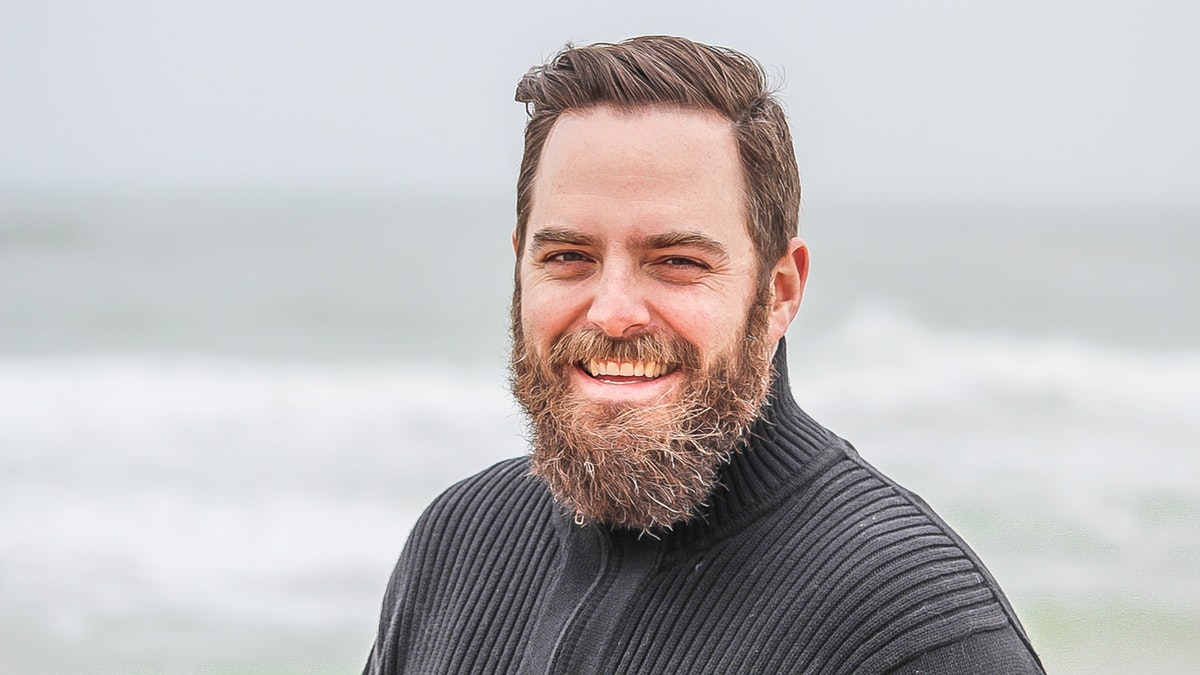Suboxone is a compound of Naloxone and buprenorphine. The compound makes a useful medicine to detox from opioid and narcotic pain reliever addiction. Naloxone will help suboxone to reverse the effects of the drugs on the brain. Buprenorphine, on the other hand, helps to ease the withdrawal symptoms on the patient.
Suboxone is known to help to prevent relapse by treating the physical dependence on drugs like heroin, oxycodone, morphine, and other opioids. However, there is a risk of addiction. As a result, medical professionals will only use Suboxone as a medically assisted approach to detox and not addiction treatment.
How Addictive Is Suboxone?
Suboxone’s addictive level is determined by its compounds. Buprenorphine presents mild effects with a slow onset. The National Alliance of Advocates for Buprenorphine Treatment says that the use of buprenorphine under medical guidance presents low chances of addiction. Medical professionals will taper off the dose as you advance through the rehabilitation stages. It is less addictive than most opioids like morphine and heroin. However, the use and abuse of buprenorphine makes you vulnerable to the abuse of other opioids.

The presence of opioids in the body triggers Naloxone. The Harm Reduction Coalition reports that naloxone is used to prevent overdose effects. It helps through fighting off the depressing effects opioids have on a user’s central nervous system and lungs.
Suboxone Abuse and Dependence
Addiction acts on the rewarding system of your body. Your body will easily get used to the presence of the drugs as they trigger the brain’s reward system. The brain will often release dopamine, the feel-good hormone, and the body gets used to these effects. Repetitive abuse of drugs results in cravings.
Dependence on a drug relies on factors like:
- How fast it gets to the brain
- Level of pleasure
- The active cycle duration of a substance
- How strong the effects are
Buprenorphine, which is suboxone’s component, has mild effects, takes time to at on the brain, and has a minimal impact on the rewarding system thus offers low pleasure. Suboxone’s addiction level is low because of the qualities of buprenorphine which is the primary compound.
Half of the buprenorphine prescriptions are used illegally. Furthermore, opiate addicts self prescribe suboxone. They will use it to ease the withdrawal symptoms as they wait to purchase the next amount of heroin or other opioids. Drug dealers prey on this trait to expand their business. They will sell suboxone alongside heroin and other opiates.
How Suboxone Works (Side Effects and Symptoms)
Buprenorphine triggers similar effects to those of opioids, but its effects are weaker. Medical professionals have labeled it the partial opioid agonist because of the weaker effects and the ceiling effect.
A ceiling effect in substance use means that the effects of a substance will increase with an increase in consumption until you have consumed the optimum amount. The effects will not increase if you take more after consuming the optimum amount. Other opioids like heroin do not have a ceiling effect, which makes them have a high addiction rate.
Naloxone will also reduce the chances of abuse and addiction as it reverses some of the effects of the opioids. Suboxone has a long-acting duration. During medical detox, the daily dosage of suboxone may not be necessary because of the long-acting duration.
Side Effects of Suboxone
The side effects of suboxone reflect the side effects of buprenorphine and naloxone. The side effects of each drug include:
Buprenorphine
- Constipation
- Irritability
- Fever
- Nausea and vomiting
- Sleeplessness
- Muscle aches and Cramps
Naloxone
- Body aches
- Stomach aches
- Nausea
- Restlessness
- Weakness
- Dizziness
- Diarrhea
- Nervousness
- Irritability
- Running nose
- Fever and chills
Symptoms of a Suboxone Overdose
Persistent abuse of suboxone could lead to an overdose. An overdose is dangerous and potentially fatal. Suboxone may have a slow time to act or present mild effects, but high consumption or mixing it with other drugs could cause an overdose. You should look out for symptoms of an overdose to try and get help for you and your loved one.
The symptoms of suboxone overdose include:
- Anxiety
- Dizziness
- Slurred speech
- Loss of coordination
- Stomach pain
- Loss of consciousness
- Fatigue
- Confusion
- Headaches
- Blurred vision
- Sweating
- Nausea and vomiting
- Chills
- Respiration depression
Respiration depression is one of the most dangerous symptoms of suboxone overdose. It happens when a victim experiences restricted breathing. This could go on until the breathing eventually stops. The victim could end up with brain damage, coma or death.
Get Started on the Road to Recovery
You can get help for suboxone addiction in The Detox Center of Los Angeles Drug and Alcohol Rehab Programs in Los Angeles, California. We offer each program based on the level of addiction and recovery from addiction. The first step in suboxone addiction recovery is to detox.

Detox is a process where a substance (drugs or alcohol) addict, eliminates the substance from their system. Our detox process starts with the identification and acceptance of suboxone abuse and addiction problems.
What Are the Signs That Show You or Your Loved One Needs Help from Suboxone Addiction?
- Taking suboxone without medical prescriptions.
- Failure to follow your suboxone prescription
- Insomnia
- Headaches
- Lack of concentration
- Mood swings
- Secrecy and lying about suboxone abuse.
Suboxone Recovery Programs
1. Detox Treatment
Some of the treatment services in this program are medical assisted detox and diet. You will reside within our premises which offer safety from the drugs and you will be able to focus on recovery. This program will take a few weeks as we taper off suboxone from your system. We will use about 2 to 3 milligrams of suboxone after every 2 to 3 days until your body fully adapts to function without suboxone.
2. Residential Treatment
We offer inpatient treatment for severe cases of addiction and overdose. Inpatient detox features round the clock professional medical attention. This program helps you to cope with withdrawal symptoms. You will take part in exercise routines, diet, and various forms of therapy. The therapy and routine are meant to help you to build resilience against relapse.
3. Outpatient Treatment
Outpatient treatment is a less intense form of detox. You will be a regular visitor to our premises. Outpatient treatment’s main objective is to help you ease back to your life after rehab and prevent relapse. We offer therapy, for example, family and cognitive therapy. In some cases, we provide lower doses of addiction medication and diet advice and programs.
If you are in California or around Los Angeles, we welcome you to reach out to The Detox Center of Los Angeles Drug and Alcohol Rehab Programs in Culver City, California to get help or advice on drug and substance abuse and addiction.
What Happens After Rehab?
One of the major post-rehab challenges is to avoid relapse. A relapse brings you back to the start of your abuse and addiction case and process of treatment and recovery. However, it would help if you did not consider relapse to be a setback or a reason to give up on getting treatment. You can still reach out to The Detox Center of Los Angeles to get help and get you back on the sobriety.

After rehab programs help you stay strong when facing cravings or instances that draw you to relapse, you can join one of our support groups after rehab to help and support you in the daily challenges you face.
We Advise That You Uphold the Following After Rehab:
- Open up to family and social relations and support
- Maintain good company and positive influence
- Avoid situations that could trigger abuse and relapse
- Relapse is not the end of the road. You can still recover.
Conclusion
Suboxone is a prescription medication made from buprenorphine and naloxone. It is an opioid with a slow onset and mild effects. Doctors prescribe Suboxone to help in detox from opioids such as heroin. However, there is a low risk of getting addicted to suboxone in the process of treatment or through abuse.
Suboxone’s effects come from the compounds that are used to make it. Buprenorphine’s effects are weaker than those of opioids like heroin and oxycodone. Furthermore, Buprenorphine’s effects have a ceiling effect. A ceiling effect is where the effects of substance abuse stop to intensify after more use.
It takes a long time to take effect, which makes doctors prescribe it every 2 to 3 days during detox. Naloxone, on the other hand, helps to reverse the effects of opioid abuse such as respiratory depression.
Suboxone abuse is also promoted by heroin dealers, although it has a low effect on the body’s reward system. Heroin addicts will take suboxone to ease the withdrawal symptoms until the addict can find the next opioid dose.
Side effects of suboxone are insomnia, mood swings, lack of concentration, headaches, blurred vision, nausea and vomiting, loss of consciousness, and respiratory depression.
You can get help for suboxone abuse and addiction at The Detox Center of Los Angeles. We offer detox programs, inpatient treatment, outpatient treatment, and therapy treatment. Our help is also available after rehab to help you get full recovery and avoid relapse.





